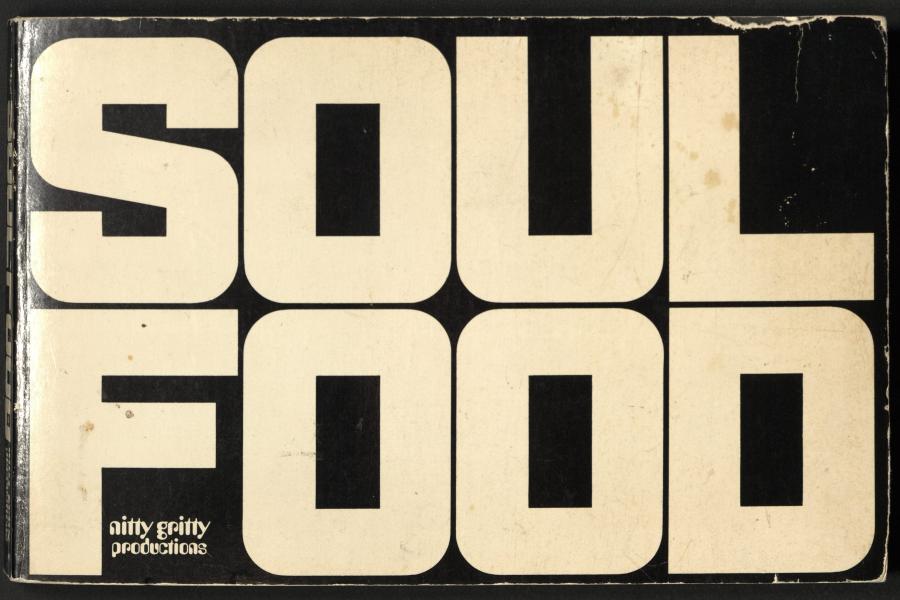When he moved to the city in 2022, the number of Black-owned restaurants in Baltimore surprised Minkah Makalani, director of Johns Hopkins University's Center for Africana Studies.
In his quest to learn more about the history of Baltimore's Black food culture, Makalani talked with notable figures in the city's Black food scene, such as activist and Black Classic Press founder W. Paul Coates, the father of journalist Ta-Nehisi Coates, and Toni Tipton-Martin, cookbook author and editor of Cook's Country magazine. Those discussions were the catalyst for Makalani to organize A Taste of Black Freedom: Black Foodways in Baltimore and Beyond," a symposium that will explore the history and politics of Black food in Baltimore.
The event, which is free and open to the public, will take place Thursday, Feb. 9 from 2-4 p.m. and Friday, Feb. 10 from 10 a.m.-4:30 p.m. at Scott-Bates Commons on the university's Homewood campus.
"What Black people are producing here in Baltimore around Black foodways deserves attention, whether it's restaurants and recipes, or political action to address food inequality in the city," Makalani said. "I think this symposium provides a unique opportunity to capture what's going on in the city while also providing general recognition of the critical importance of foodways for Black people and Black life historically in the United States."
The Center for Africana Studies is sponsoring the two-day event, which will feature sessions on the culture of Black cafes in Baltimore, food and land sovereignty, the history and policy of Black foodways, and the importance of Black cookbooks. More information can be found on the Center for Africana Studies website.
"There's real value in preserving the historical knowledge that you get in Black cookbooks because of how recipes within them were inherited," Makalani said. "What's found in these cookbooks also speaks to the different political moments, different modes of survival, and different forms of creativity that have been a part of Black life in this nation."
The symposium coincides with an exhibit, "Black Foodways: A Culinary Diaspora," featuring more than 50 historic and contemporary cookbooks from the W. Paul and Rosalyn L. Coates Global African Cookbook Collection, Tipton-Martin's private collection, and Johns Hopkins' special collections library. The exhibit will be on display through April 17 on the main level of Johns Hopkins Eisenhower Library.
"When looking at diasporic communities, it's important to maintain cultural connections through cooking and using cookbooks so that people can continue to engage with their native culture's communities regardless of where they are," said Tonika Berkley, an Africana archivist at Johns Hopkins Sheridan Libraries and co-curator of the exhibit.
Posted in Arts+Culture, Happenings, Community
Tagged community








